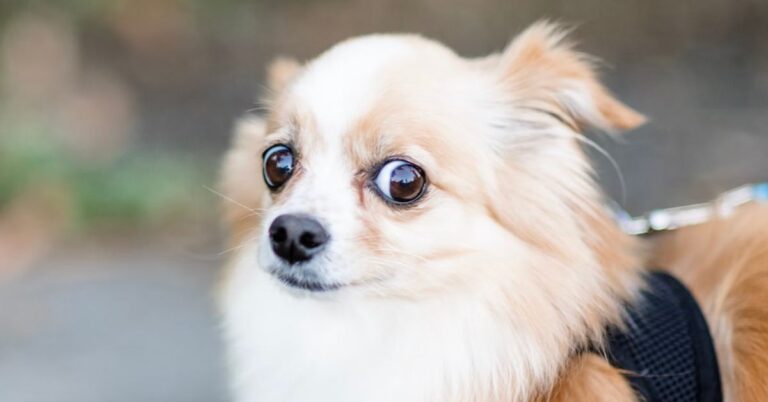30 Unfairly Stereotyped Dog Breeds
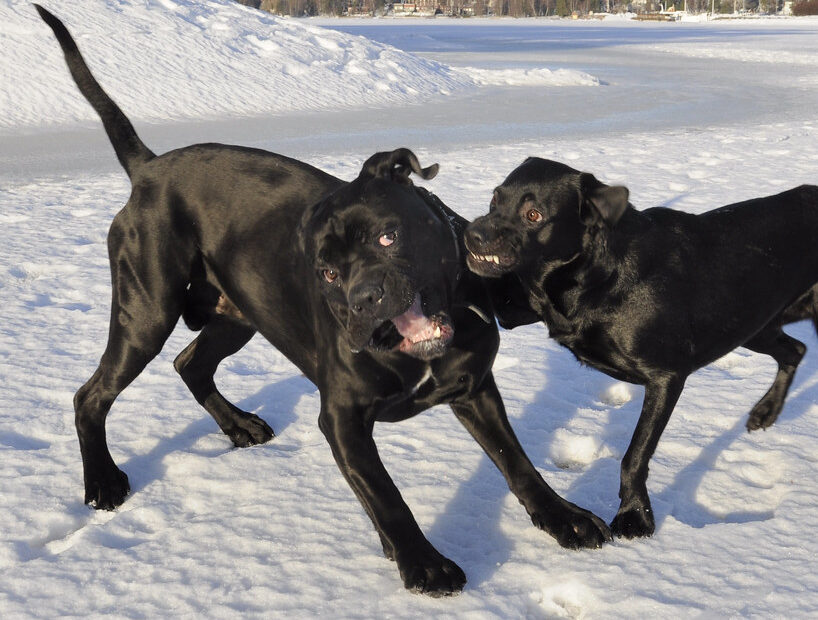
Some breeds get a bad rap for being aggressive, stubborn, or just too much to handle. But often, those reputations come from myths, not facts. Here’s a look at 30 dog breeds that are commonly misunderstood, and why they deserve a fairer reputation.
Pit Bull Terrier
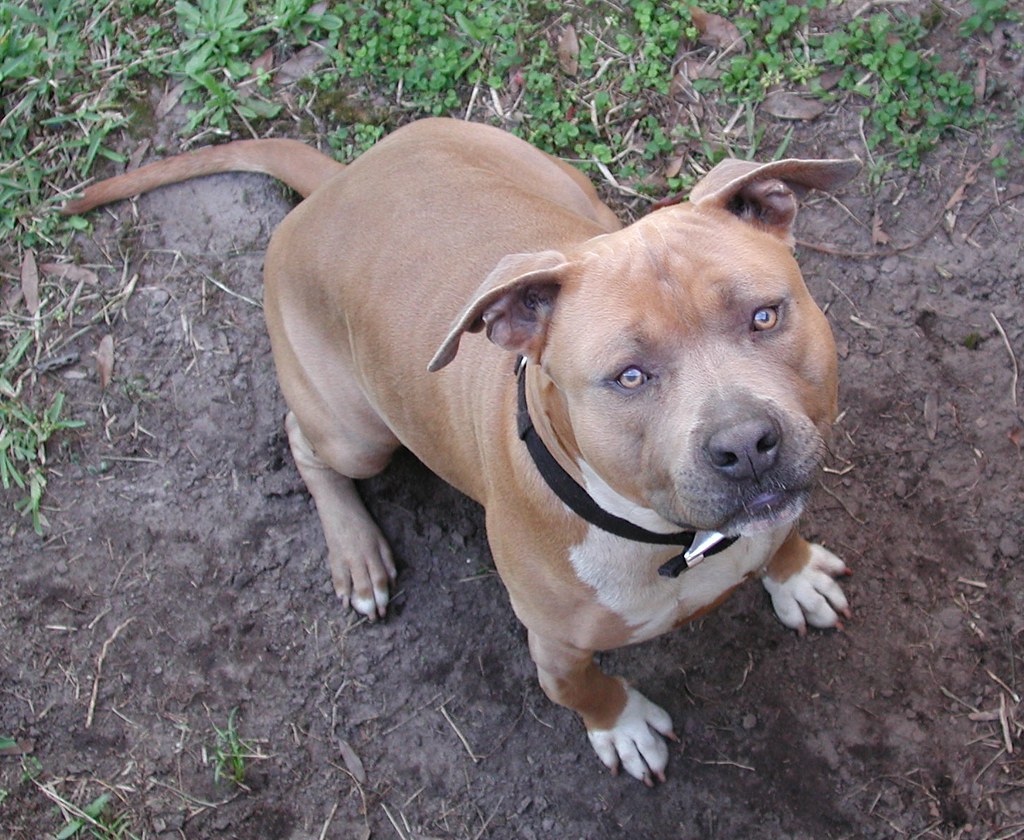
Often labeled aggressive, Pit Bulls are actually affectionate, loyal, and love to please. Their reputation stems more from human misuse than inherent behavior. With proper training and socialization, they make fantastic family pets. Unfortunately, fear and bad press have overshadowed their playful, people-loving nature. They’re proof that nurture matters just as much as nature.
Rottweiler
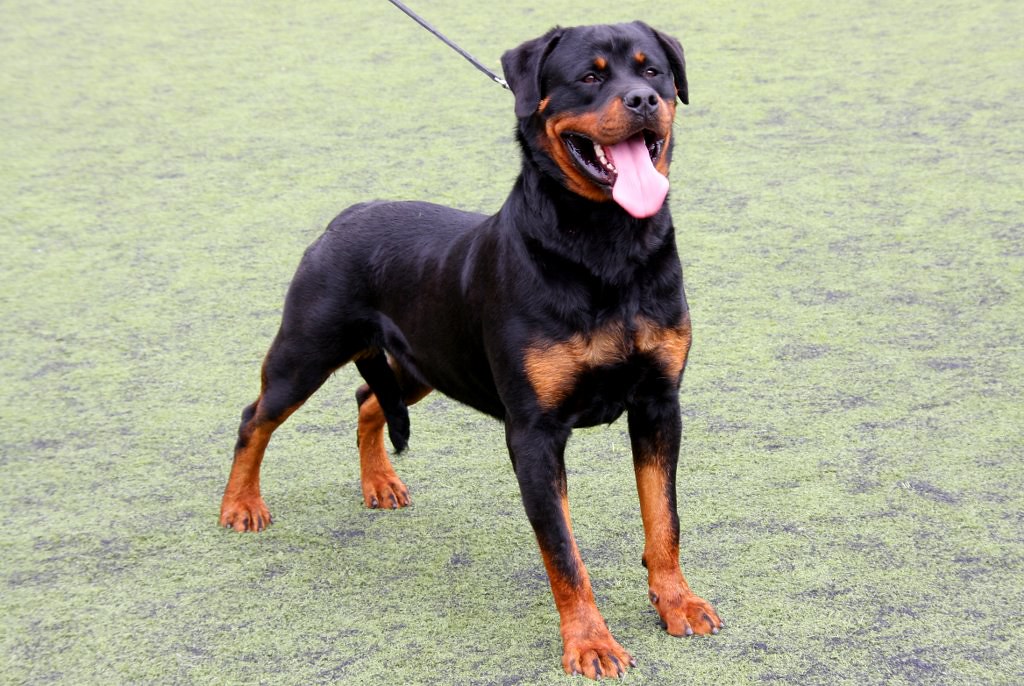
Their imposing size and deep bark make people nervous, but Rottweilers are gentle giants at heart. They’re incredibly loyal, protective of their families, and thrive on structure. Misbehavior usually results from a lack of training, not temperament. When raised with love and consistency, they’re calm, devoted dogs—not the intimidating figures they’re so often made out to be.
Doberman Pinscher
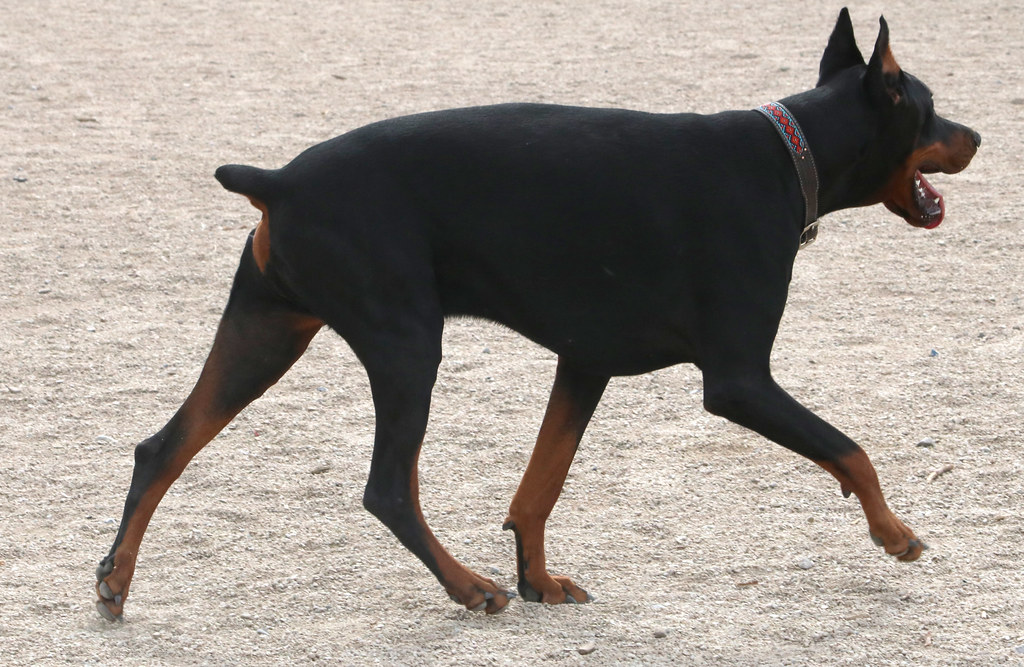
Dobermans are often thought of as fierce guard dogs, but they’re actually deeply affectionate and people-oriented. They’re highly intelligent, trainable, and eager to bond with their families. Yes, they’re protective—but not naturally aggressive. Their sleek appearance and reputation have made them seem tougher than they really are. In truth, they’re sensitive and loving companions.
Chihuahua
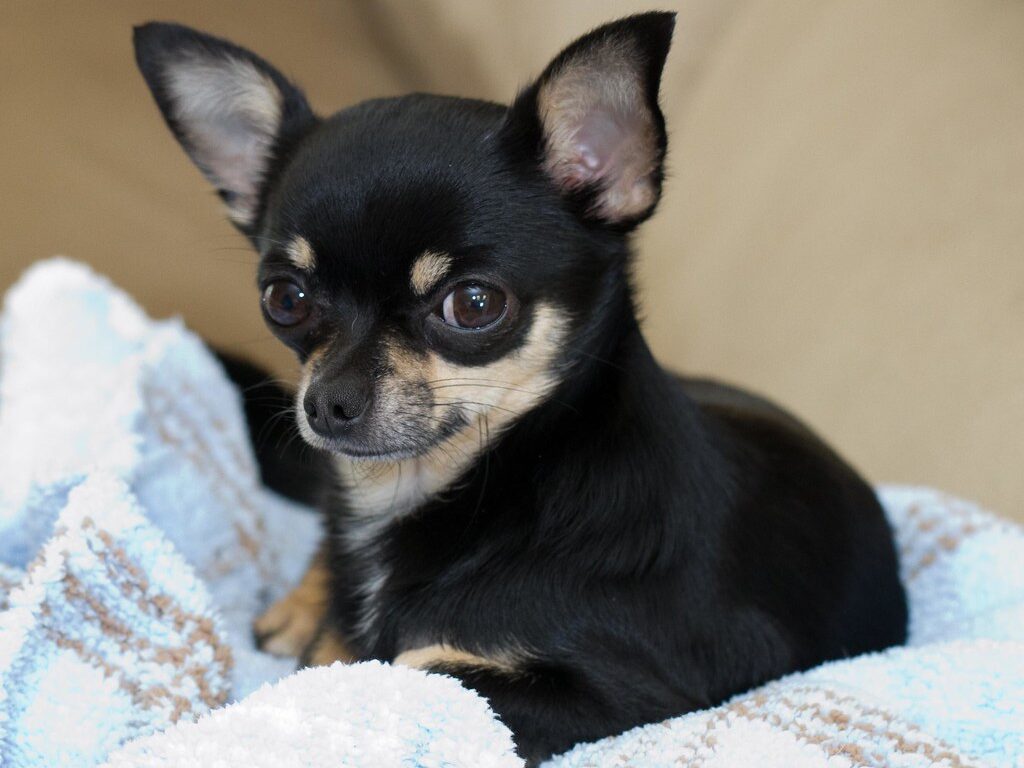
Chihuahuas are frequently dismissed as yappy and mean, but much of that behavior comes from a lack of training. People tend to spoil small dogs, which creates problems. Chihuahuas are alert, loyal, and love to be with their people. When treated with respect and given structure, they can be confident, calm pets—not the nervous ankle-biters people expect.
American Bulldog
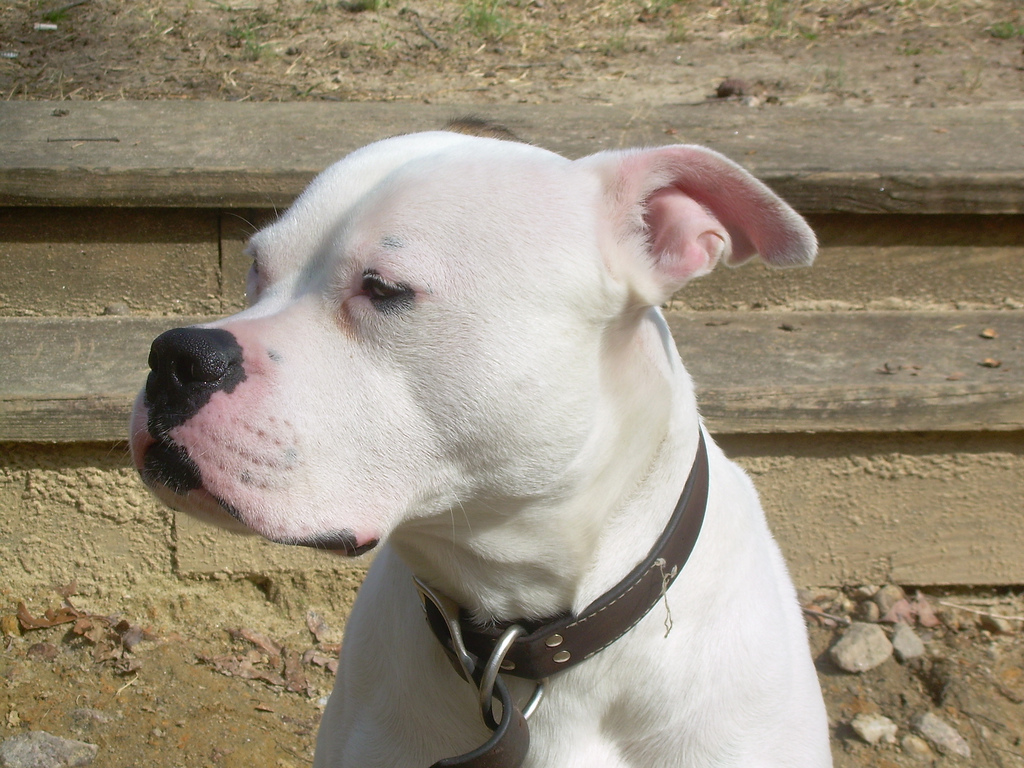
Their muscular build leads people to assume aggression, but American Bulldogs are affectionate, fun-loving dogs. They’re energetic and loyal, often acting like big puppies well into adulthood. With firm boundaries and socialization, they’re goofy and family-friendly. Sadly, their size and strength make them easy scapegoats for bad behavior that usually results from poor ownership.
Akita
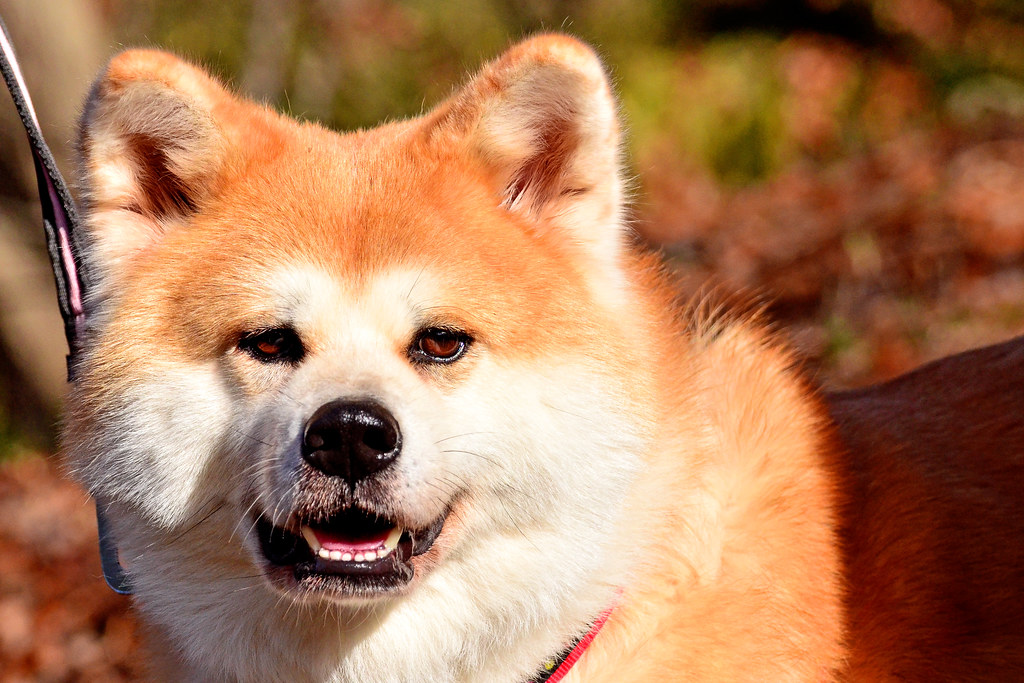
Akitas are known for being aloof or aggressive, but they’re actually just independent and reserved. They form deep bonds with their people and can be extremely affectionate in the right environment. They’re not ideal for first-time dog owners, but that doesn’t make them dangerous. They simply require respect, proper handling, and experienced leadership to thrive.
German Shepherd
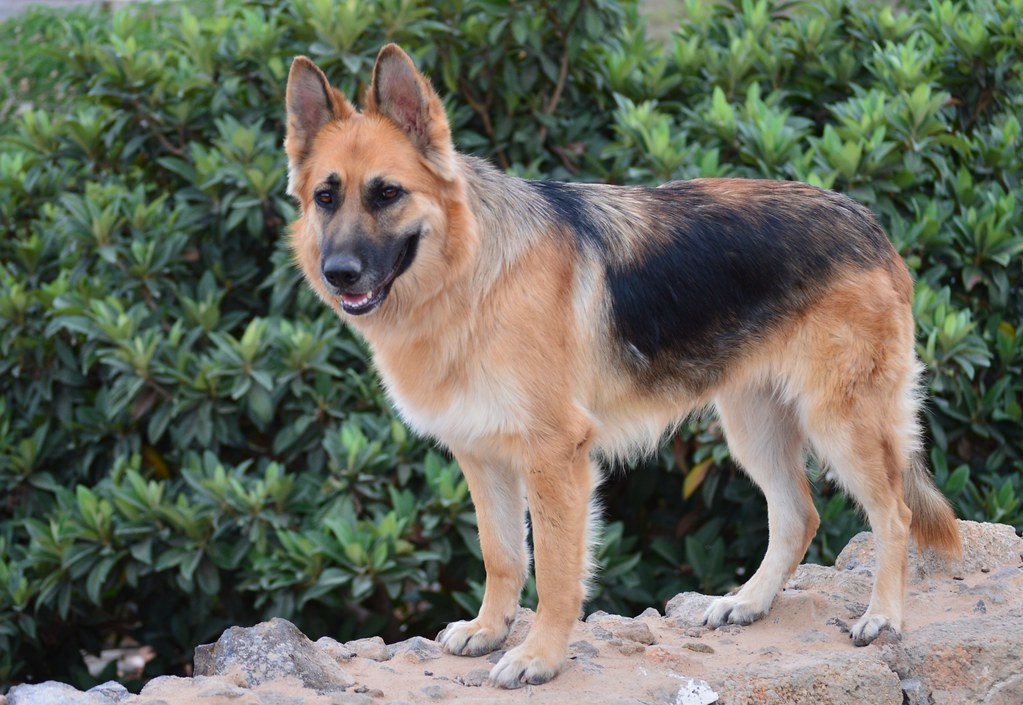
German Shepherds often get lumped into “dangerous” dog discussions due to their use in law enforcement, but they’re among the most trainable and devoted breeds. Their loyalty, intelligence, and protective instincts make them fantastic working dogs and family pets. With stimulation and structure, they’re calm and obedient—not the aggressive stereotype many people expect.
Dogo Argentino
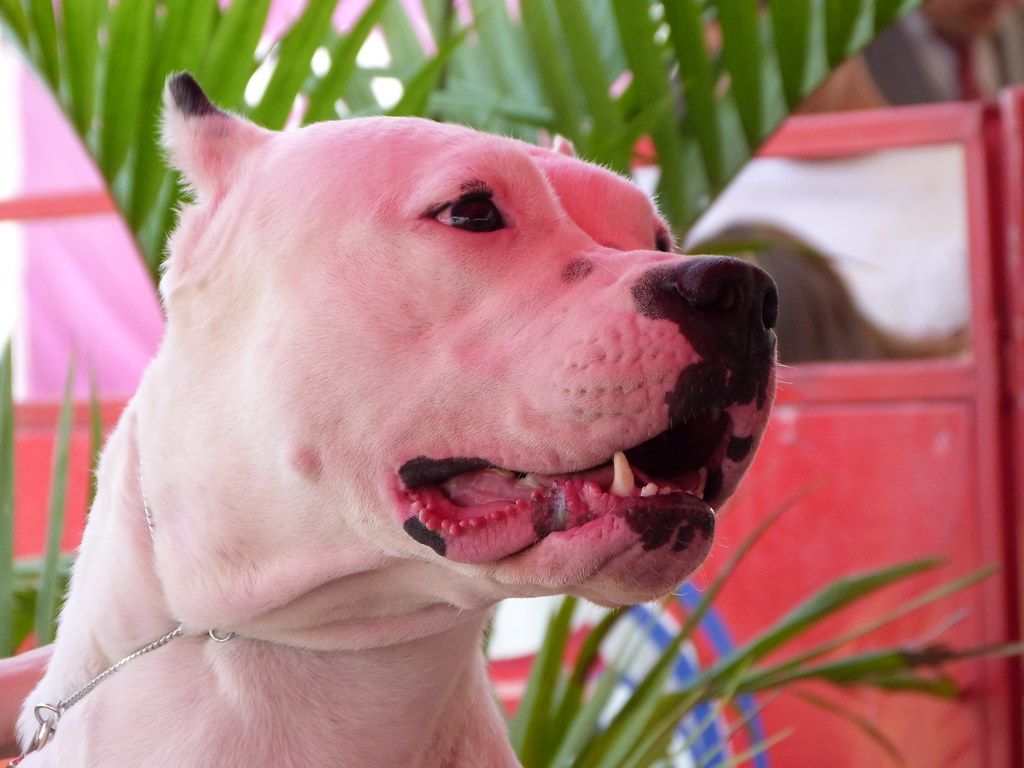
Often banned in certain countries, the Dogo Argentino is wrongly assumed to be inherently aggressive. In reality, they are loyal, stable, and affectionate with their families. These strong, athletic dogs do need an experienced handler, but with proper socialization and training, they’re confident, not dangerous. Their reputation is more about fear than fact.
Belgian Malinois
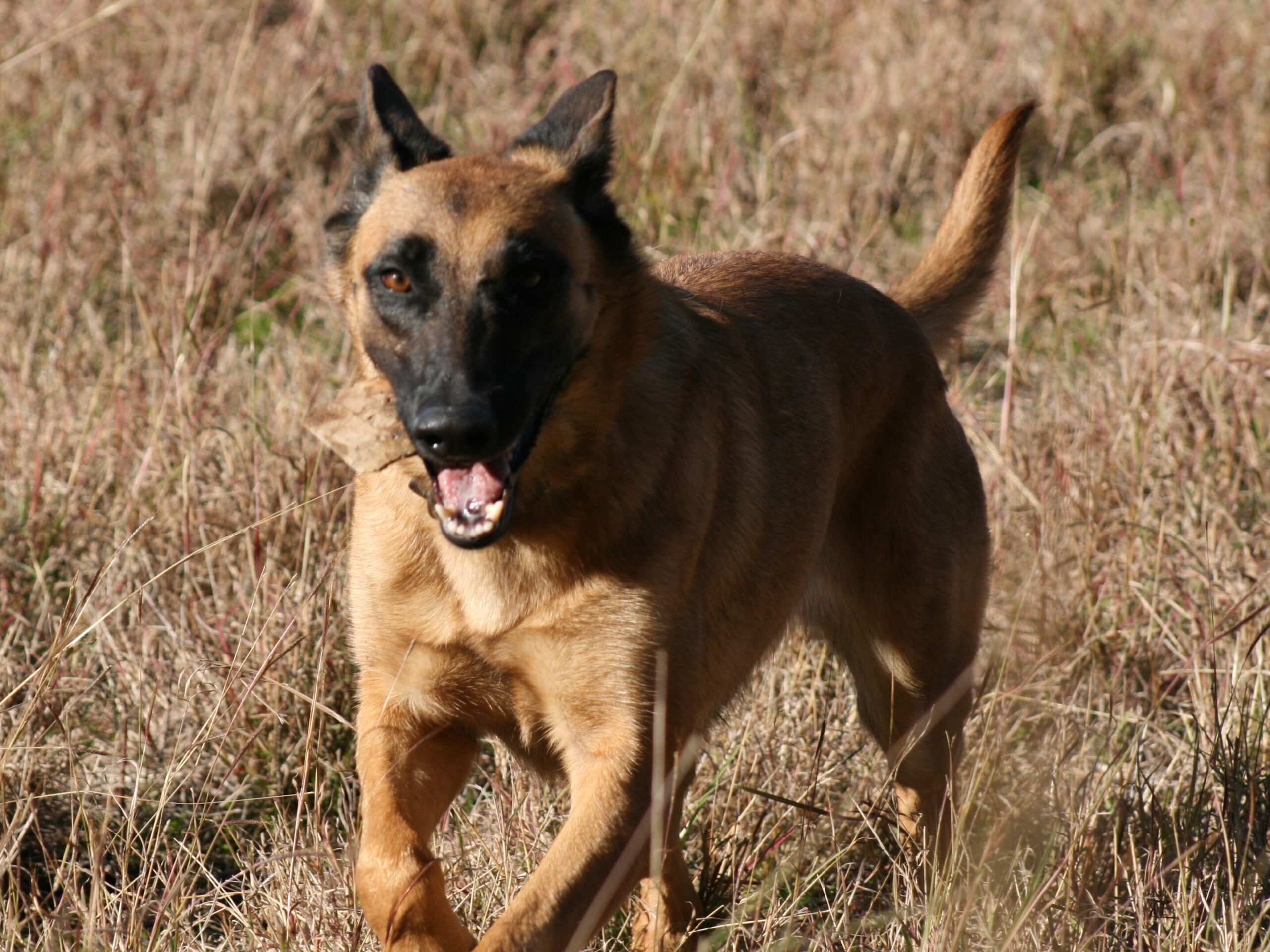
Malinois are often seen as too intense or aggressive, but they’re simply working dogs with a job to do. Without enough stimulation, they can become destructive—but that’s true of many high-energy breeds. They’re loyal, trainable, and focused. They’re not pets for couch potatoes, but in the right hands, they’re brilliant and endlessly capable partners.
Cane Corso
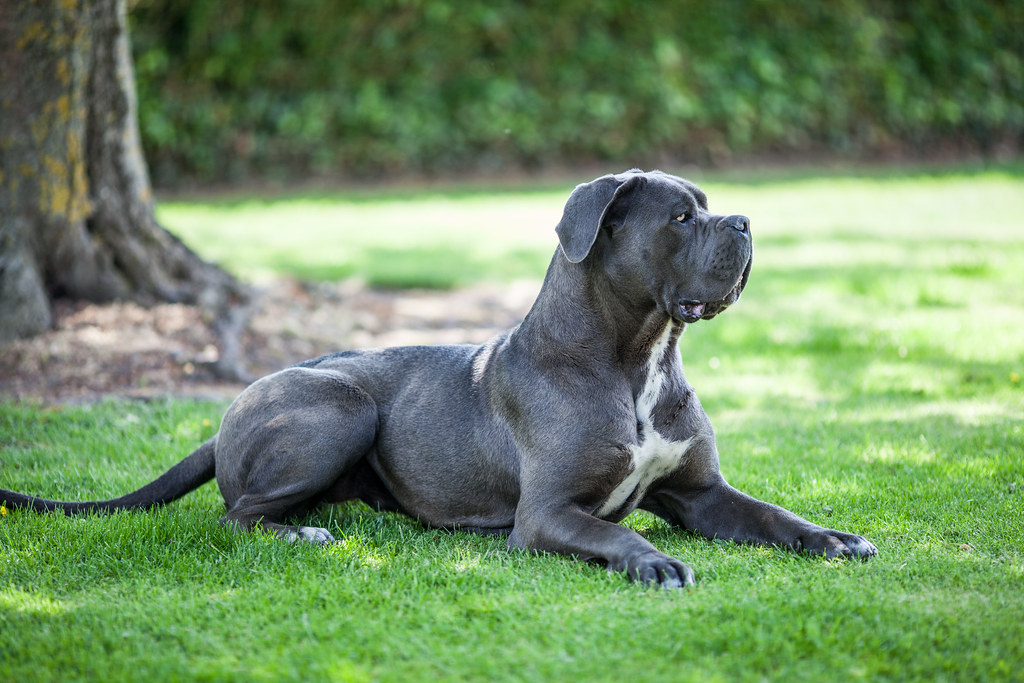
This breed’s massive frame and serious face make them intimidating, but Cane Corsos are intelligent, protective, and deeply affectionate with their families. They’re not for beginners. They need socialization and firm leadership, but they aren’t monsters. With proper guidance, they’re calm, confident, and excellent guardians. Their reputation stems from fear, not their actual temperament.
Shar Pei

Their wrinkled appearance and aloof demeanor often lead people to believe Shar Peis are unfriendly, but they’re simply reserved and cautious. Once they bond with their humans, they’re loyal and protective companions. They don’t fawn over strangers, but they’re not aggressive by nature. They prefer peace and structure, and with those, they become dignified, calm family pets.
Bullmastiff
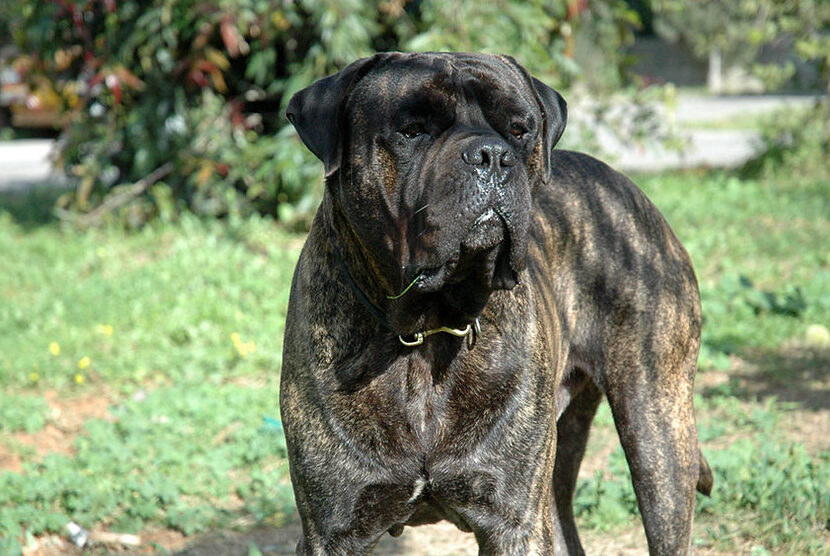
Bullmastiffs may look like hulking beasts, but they’re actually gentle giants. They’re calm, patient, and surprisingly sensitive. They don’t need intense exercise and are usually content lounging with their humans. Their size makes them look scary, but their personalities are affectionate and loving. As natural guardians, they protect without unnecessary aggression when properly socialized and trained.
Husky
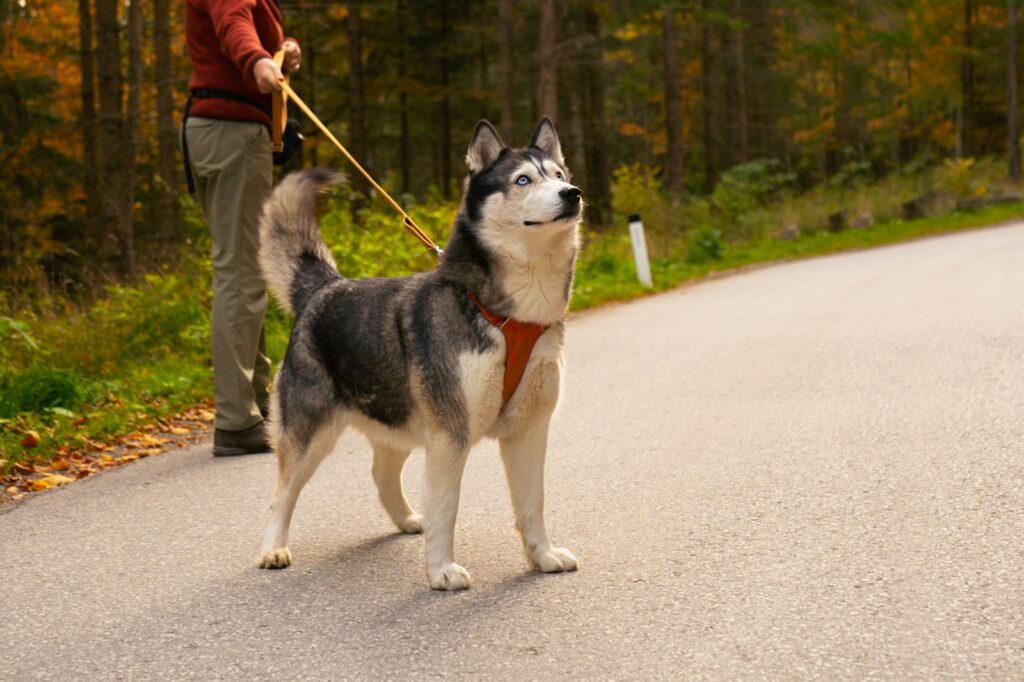
People often call Huskies “wild” or “out of control,” but they’re just extremely energetic and independent. Their stubborn streak is mistaken for defiance when really, they just need mental and physical outlets. Without exercise and engagement, they’ll find their own fun—often destructively. They’re not disobedient—they’re thinkers. Handled right, they’re affectionate, hilarious, and loyal companions.
Jack Russell Terrier
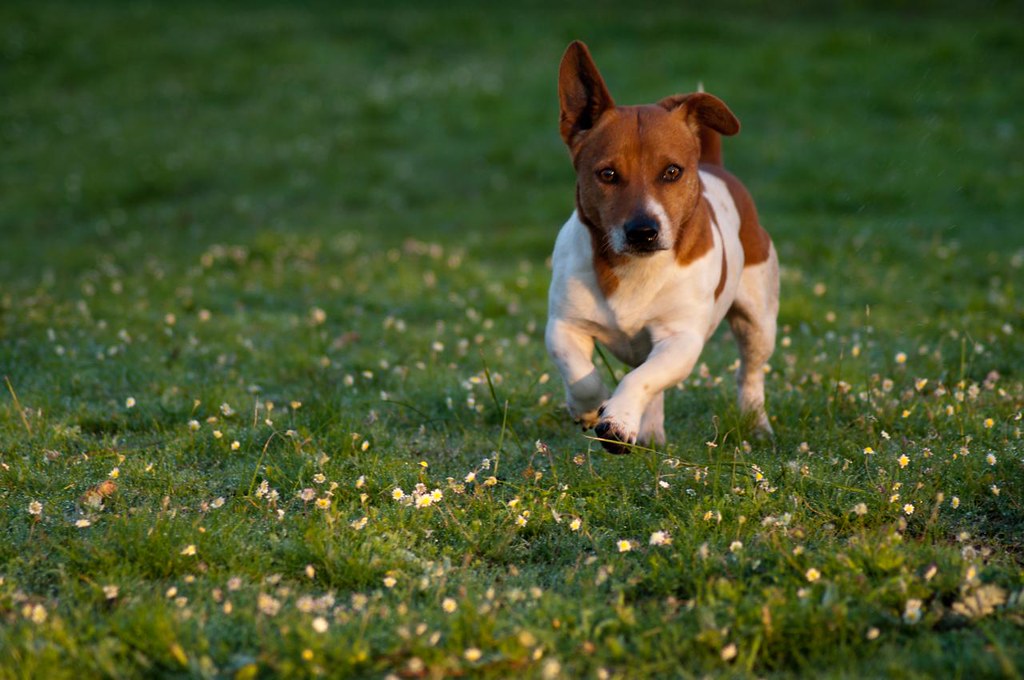
Jack Russells are often viewed as hyper troublemakers, but their real issue is boredom. These dogs are brilliant, driven, and full of energy. Without tasks or stimulation, they become restless and destructive. They need clear direction and plenty of activity. In the right home, they’re agile, smart, and loyal dogs—not chaotic gremlins like some think.
Boxer
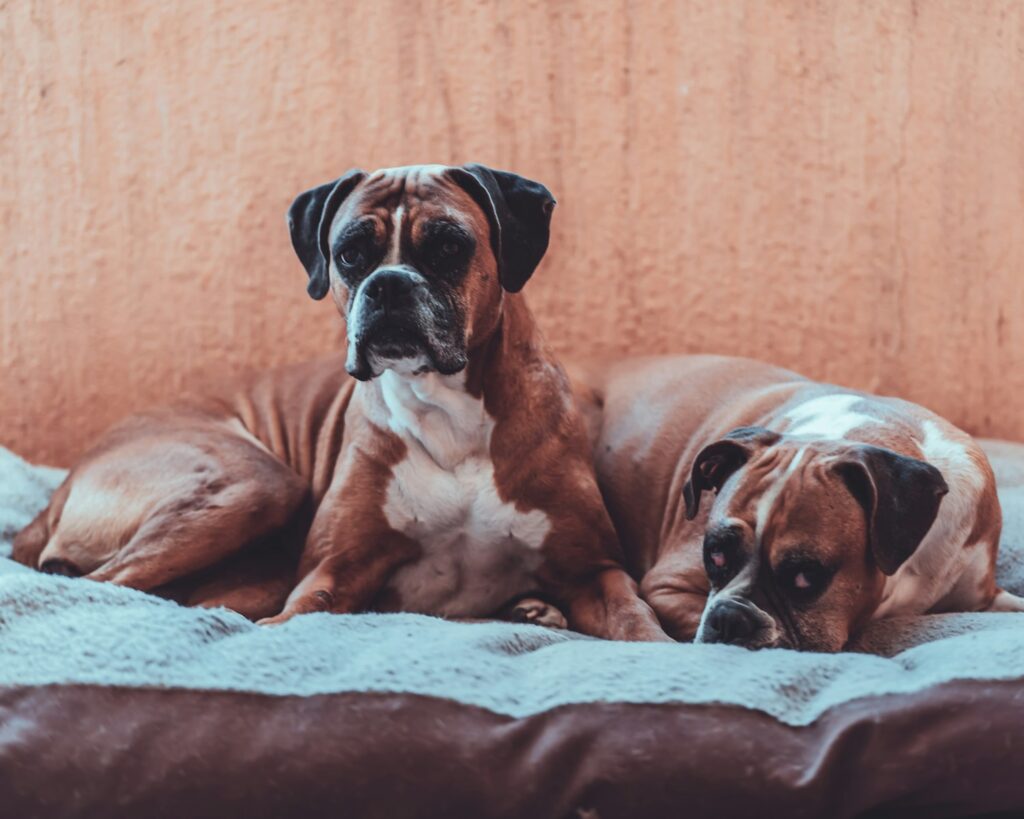
Boxers are sometimes seen as too high-energy or unruly, but they’re really just playful and people-oriented. They’re often called “the clowns of the dog world” for a reason. Their enthusiasm can be overwhelming to some, but they’re eager to please, loyal, and great with kids. With consistent training, their goofy energy becomes a total joy.
Great Dane
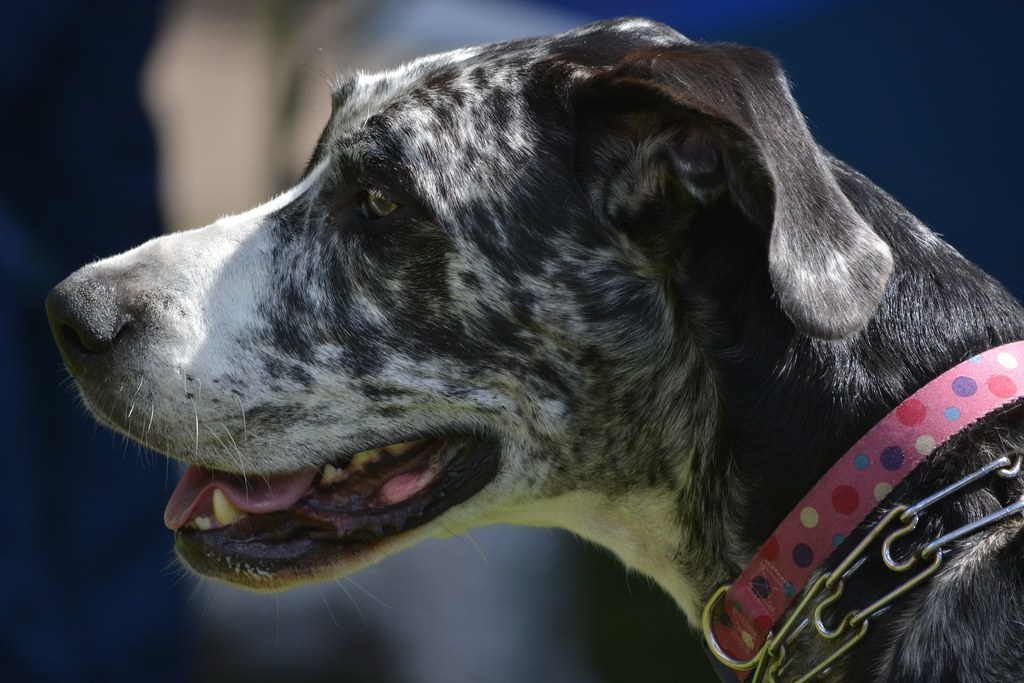
People assume Great Danes are hard to manage due to their size, but they’re one of the gentlest breeds around. Calm, patient, and surprisingly low-energy, Danes are affectionate “lap dogs” in giant bodies. Their massive stature may intimidate, but their temperament is sweet and sensitive. They’re better suited to snuggling than guarding, despite their looks.
Dalmatian
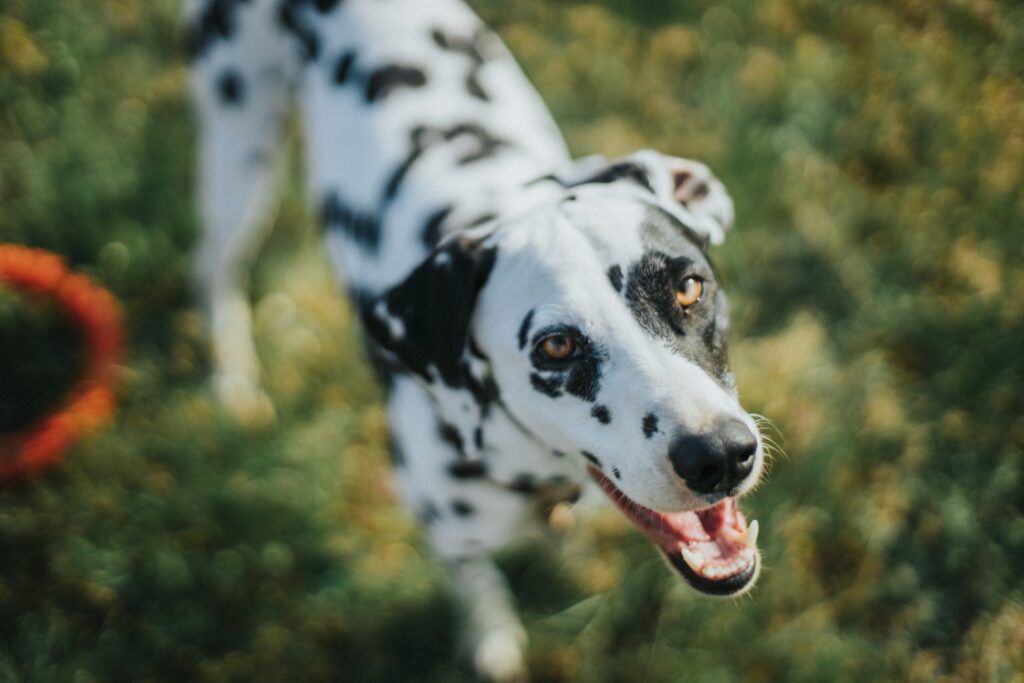
Thanks to movies, Dalmatians became popular—and misunderstood. They’re often labeled as aggressive or high-strung, but that’s usually due to poor breeding and overexcitement in the wrong homes. They’re intelligent, athletic dogs that need purpose and boundaries. Without structure, they can become anxious. Treated right, they’re loyal, alert companions—not the troublemakers their reputation suggests.
Staffordshire Bull Terrier
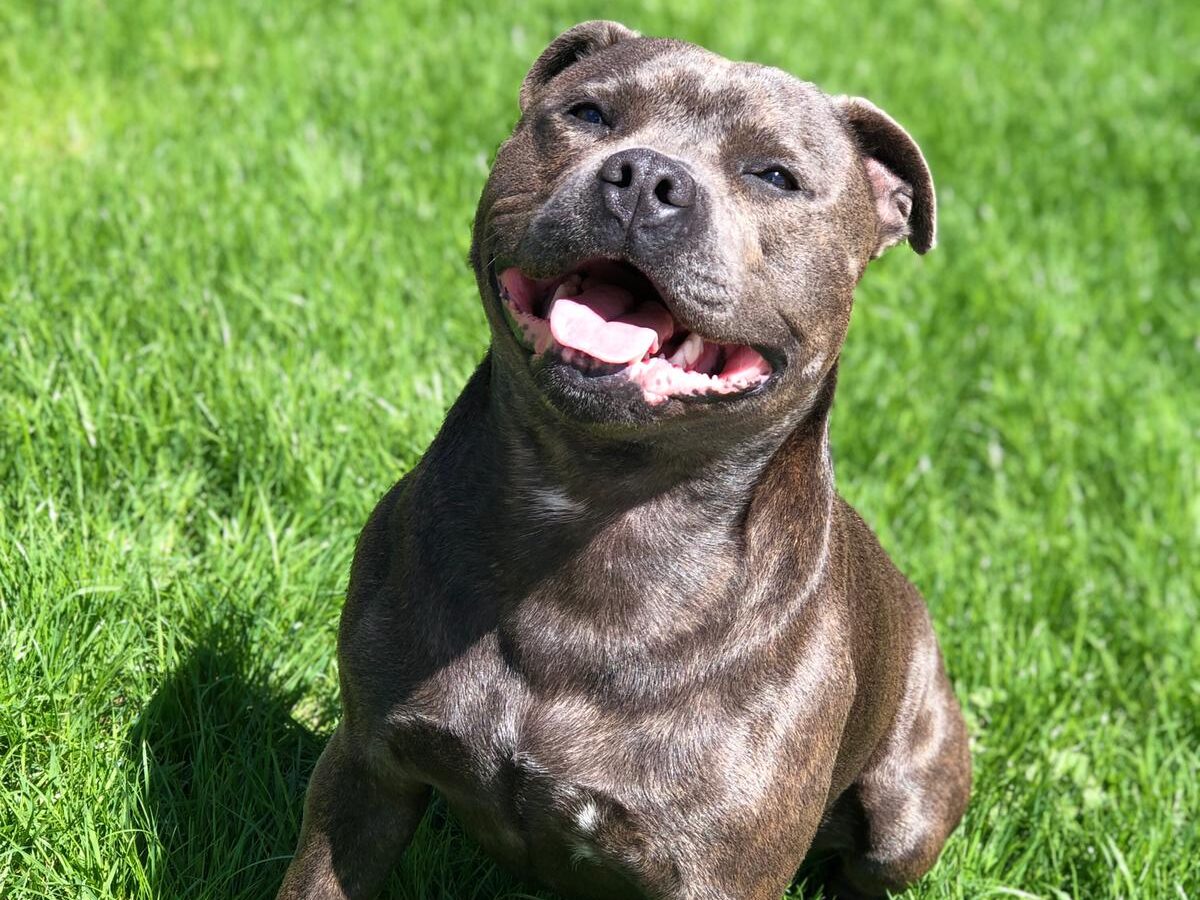
Commonly mistaken for Pit Bulls and lumped into fear-based bans, Staffies are affectionate, silly, and often called “nanny dogs” for their love of children. They’re strong and muscular, yes, but naturally gentle and eager to please. Sadly, they’re judged on looks rather than behavior. With good leadership, they’re one of the most loving breeds around.
Chow Chow
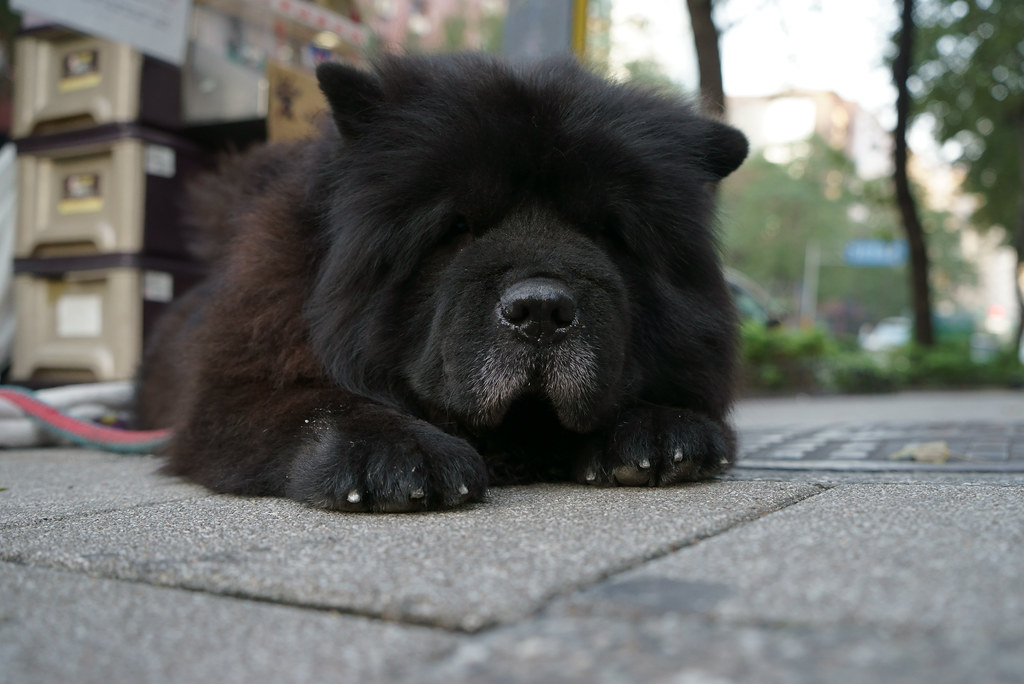
Chows are often described as grumpy or aloof, but they’re just selective. They’re dignified, independent dogs that form deep bonds with their people, but they don’t seek attention from everyone. Their cat-like personality makes them misunderstood in a dog-loving world. With respect and routine, Chows are fiercely loyal furry friends, not cold or unfeeling like people think.
Presa Canario
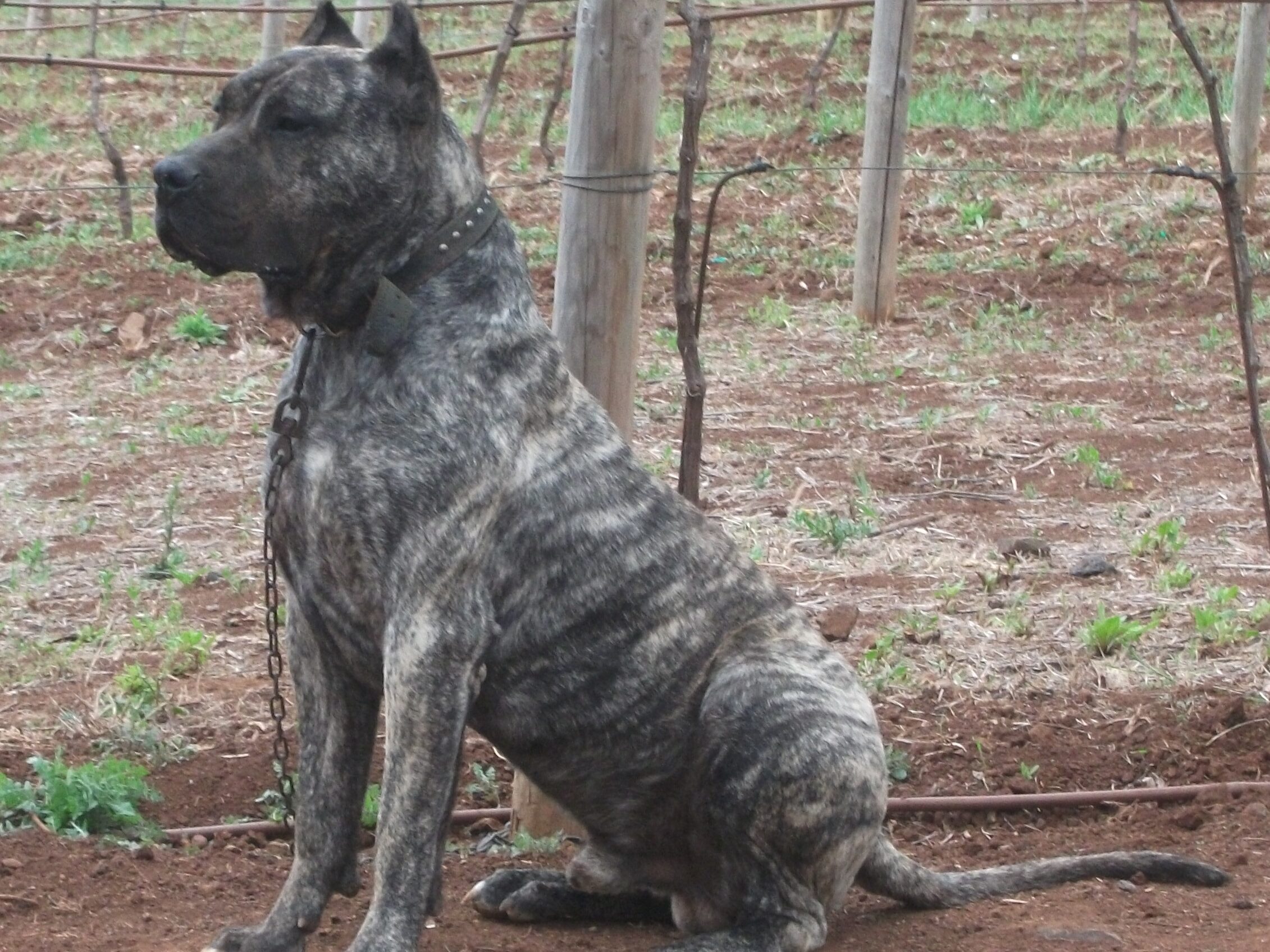
The Presa Canario’s powerful frame has earned them a reputation for danger, but in the right hands, they’re calm and stable. These dogs need experienced owners who understand working breeds. When raised properly, they’re steady, loyal protectors—not mindless aggressors. Their strength requires responsibility, not fear-mongering. Misunderstood? Definitely. Unmanageable? Not with the right person.
Bull Terrier
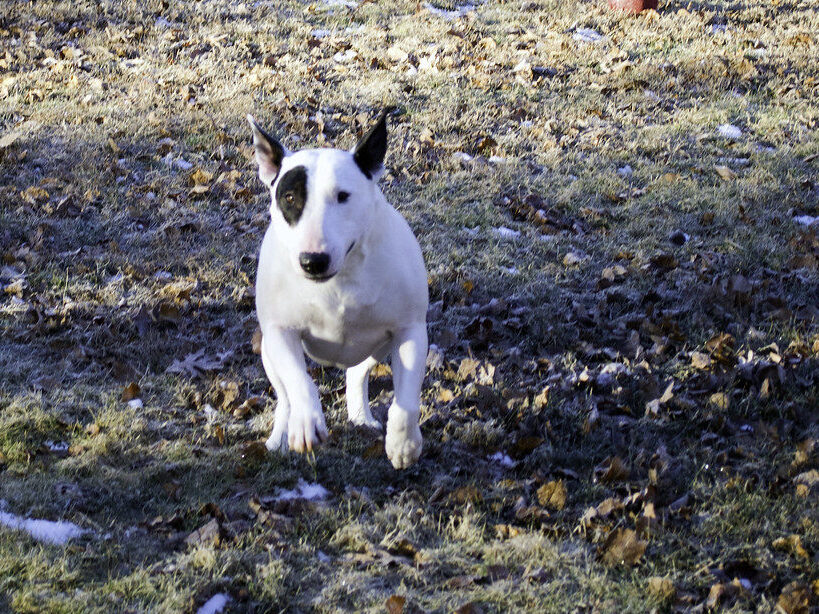
Their unusual appearance and strong personality lead many to assume they’re aggressive. In truth, Bull Terriers are playful, loyal, and comically charming. They can be stubborn, sure—but that doesn’t mean they’re disobedient. They need firm, patient guidance and lots of interaction. Given those, they become affectionate, even goofy pets who thrive on attention and connection.
Weimaraner
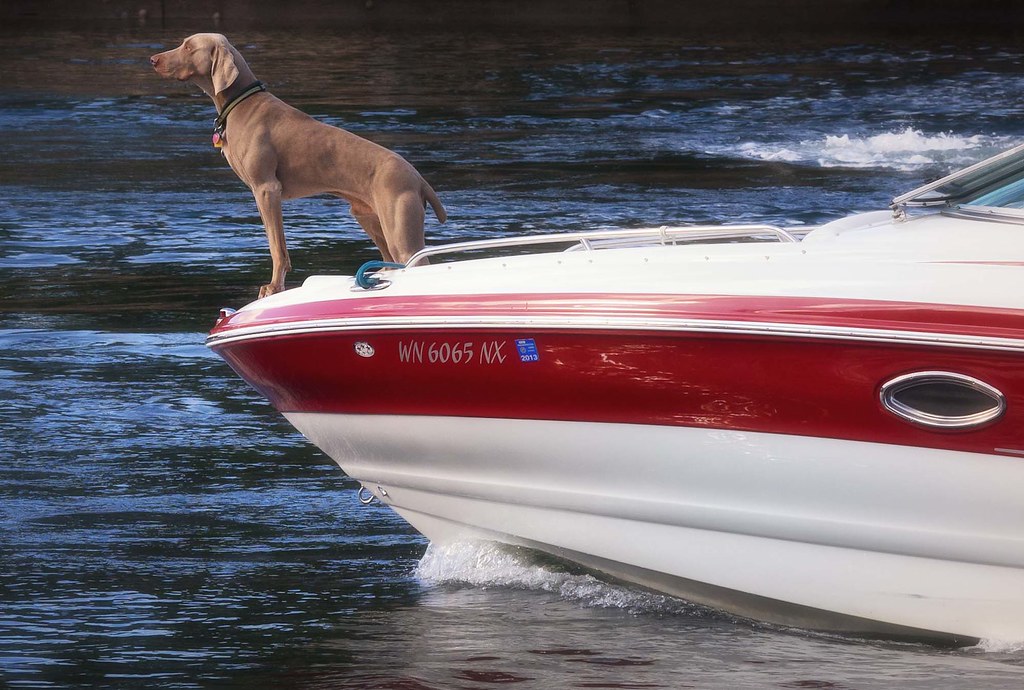
Often seen as hyper or difficult, Weimaraners are actually sensitive, people-pleasing dogs who suffer when under-stimulated. They’re energetic but not wild—just in need of exercise and attention. Their sleek look hides an affectionate personality that craves closeness. With the right owner, they’re gentle and loving, not the out-of-control handful they’re often mistaken to be.
Boston Terrier
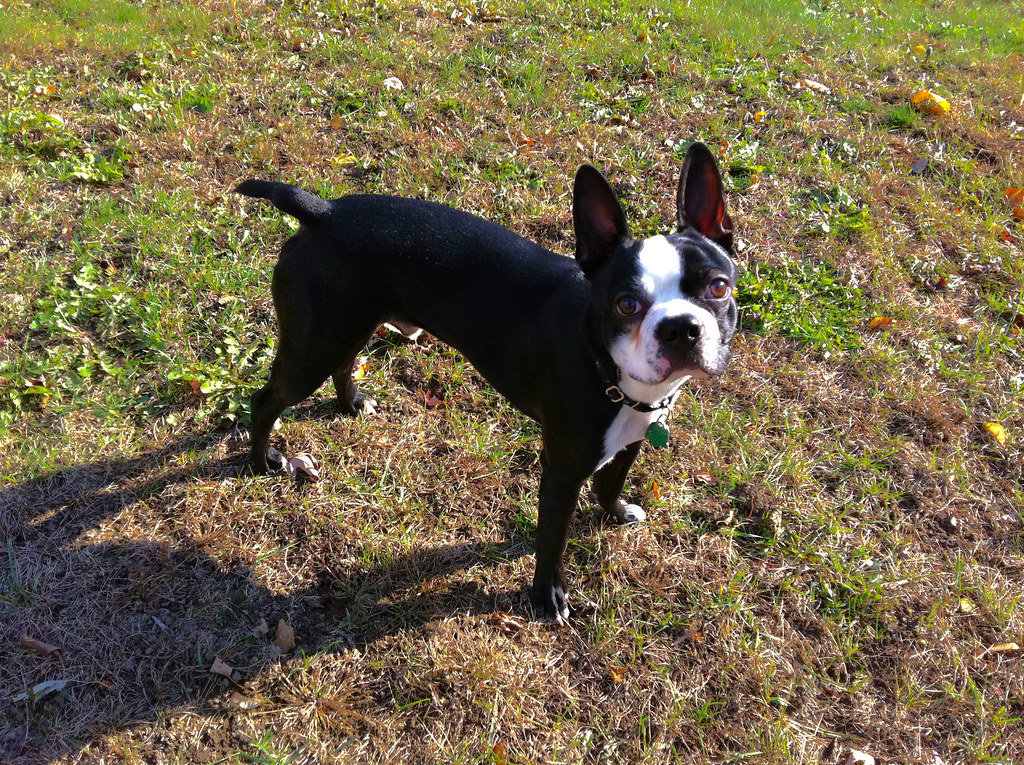
Boston Terriers are sometimes dismissed as barky or reactive, but they’re highly social and eager to interact. Their bursts of energy can seem chaotic, but it’s all in good fun. They love attention and do best when included in daily life. With socialization and guidance, they’re friendly, polite, and totally lovable—not the nuisance some expect.
American Eskimo Dog
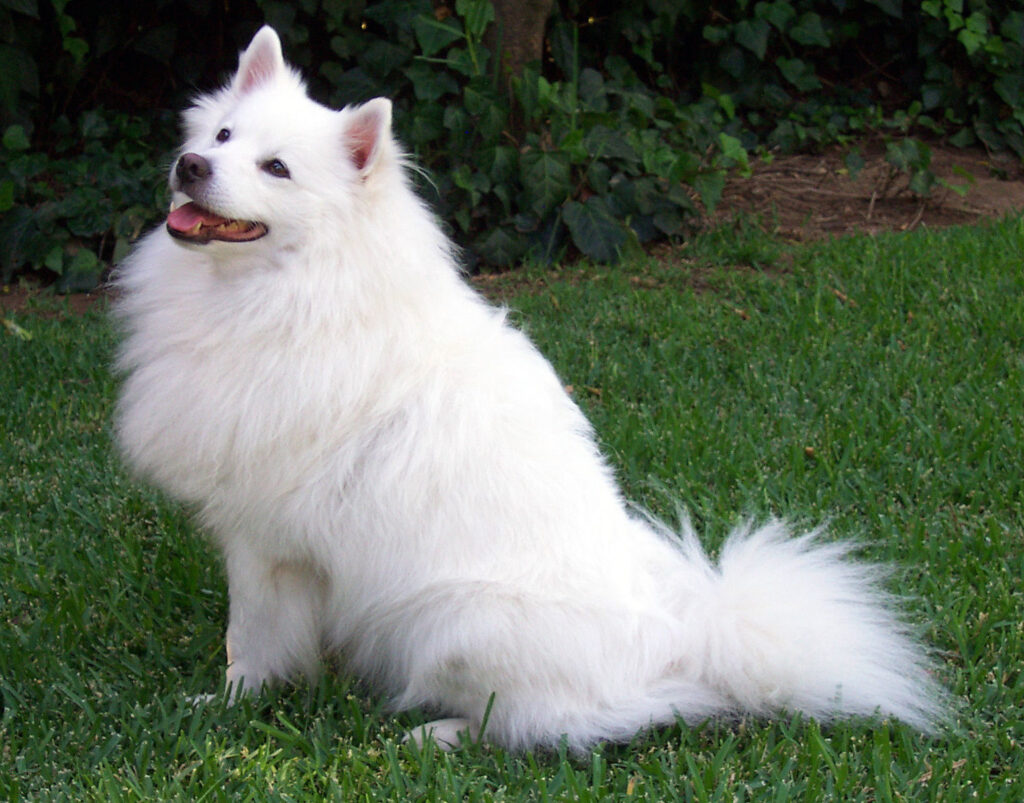
This breed’s fluffy white coat makes them look like couch potatoes, but they’re surprisingly active and sharp. People often underestimate how much stimulation they need. Without it, they bark and misbehave. That doesn’t make them bad—it makes them bored. They’re loving and loyal when engaged, but they require more effort than their teddy bear look implies.
Alaskan Malamute
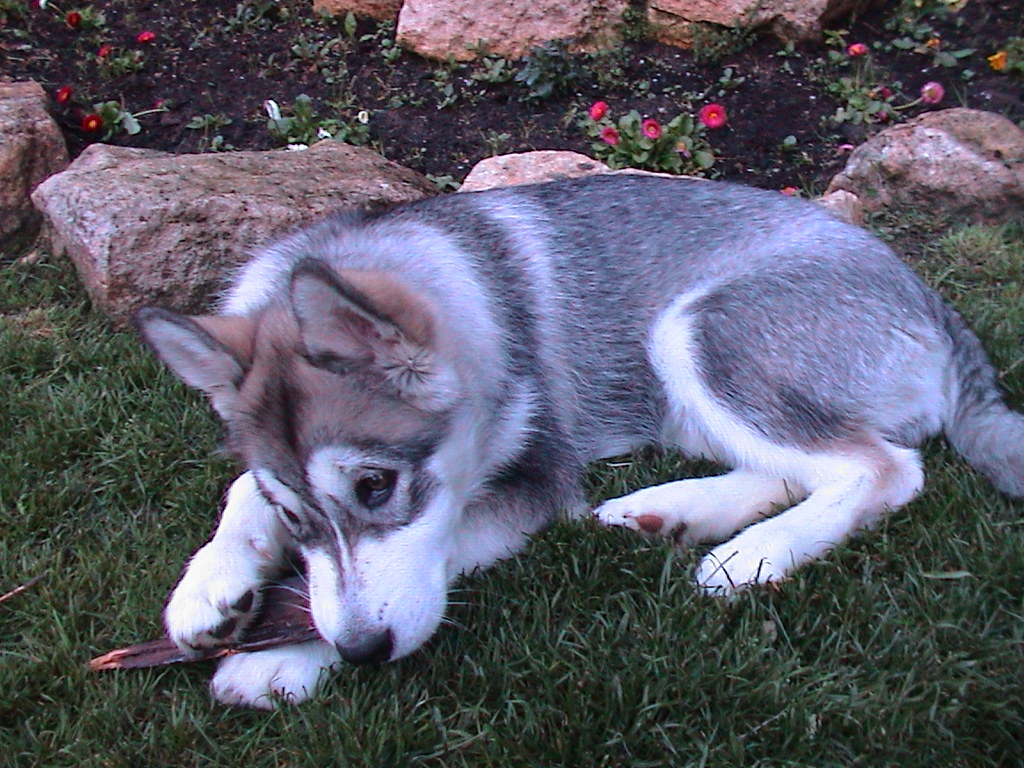
Malamutes are often confused with Huskies and misunderstood as wild or untrainable. In truth, they’re pack animals that thrive on companionship and structure. They need exercise and engagement, but they’re also incredibly affectionate and gentle with their families. Without clear leadership, they get unruly. With it, they’re majestic, powerful pets, not unpredictable beasts.
Shiba Inu
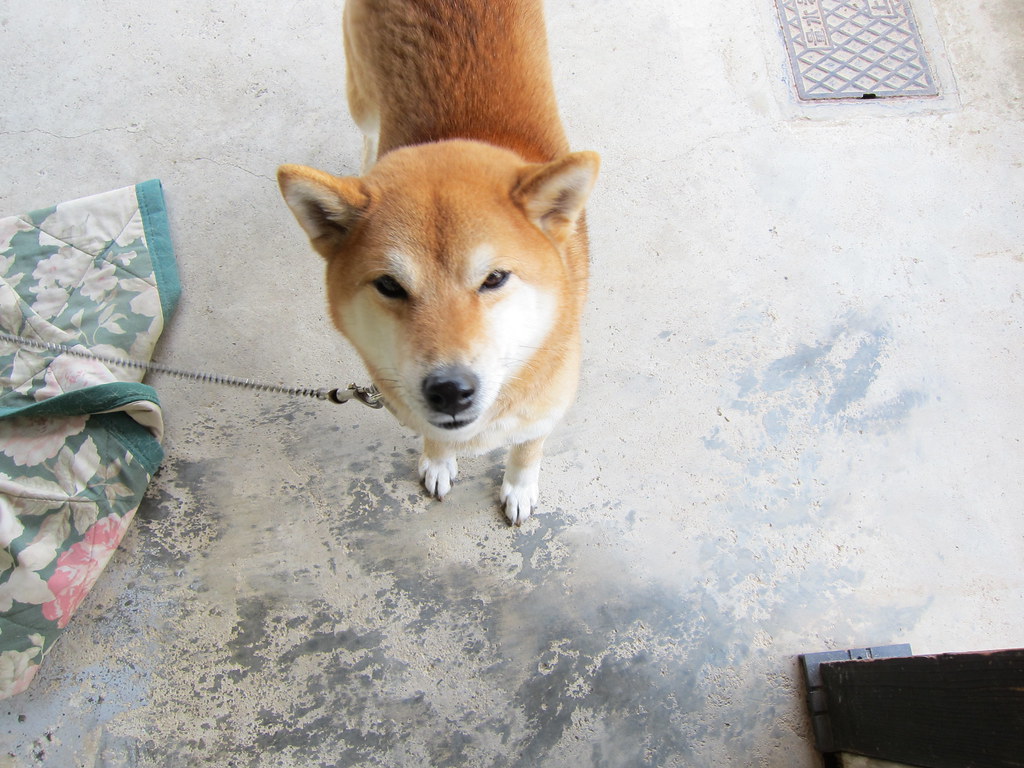
Shibas are labeled as difficult, aloof, or even “mean,” but they’re simply independent. Unlike most dogs, they don’t aim to please—they aim to coexist. They’re clean, quiet, and self-reliant. That doesn’t make them bad pets—just different. People expecting a cuddly lap dog are often disappointed, but Shiba lovers embrace their quirky, cat-like charm.
French Bulldog
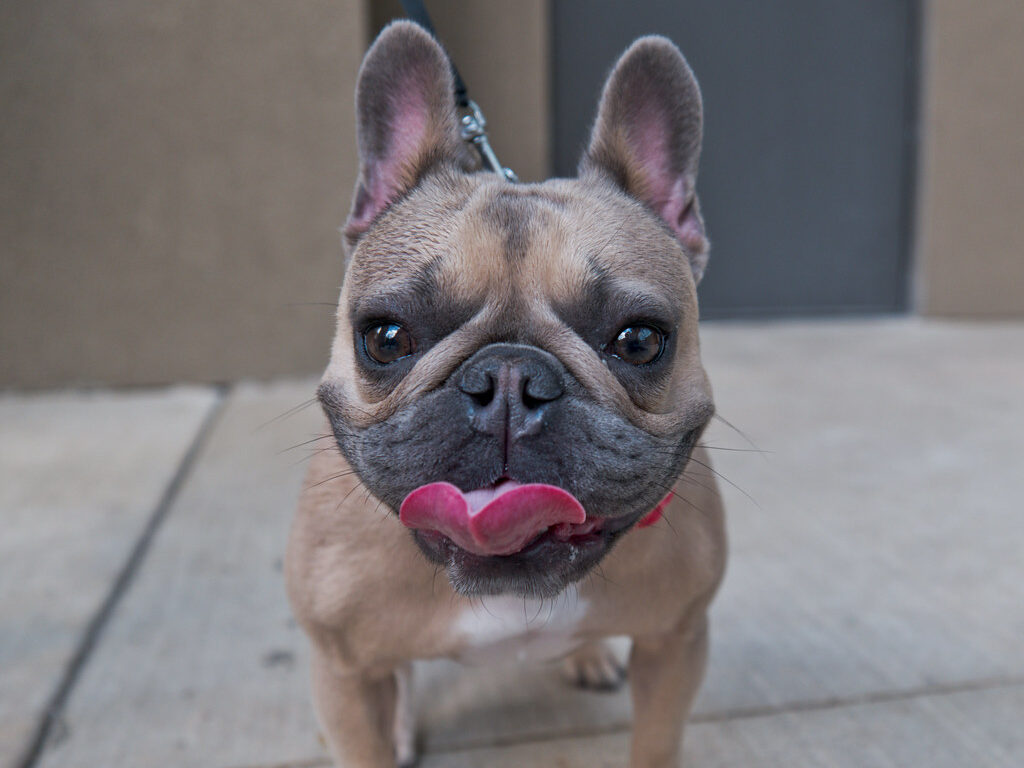
Frenchies are sometimes dismissed as overbred or lazy, but they’re affectionate, clever, and full of personality. They don’t need long walks or intense workouts—they just want to be near you. Their popularity has led to irresponsible breeding, but that’s a human problem, not a breed flaw. At their best, they’re charming, hilarious, and deeply loyal.
Beagle
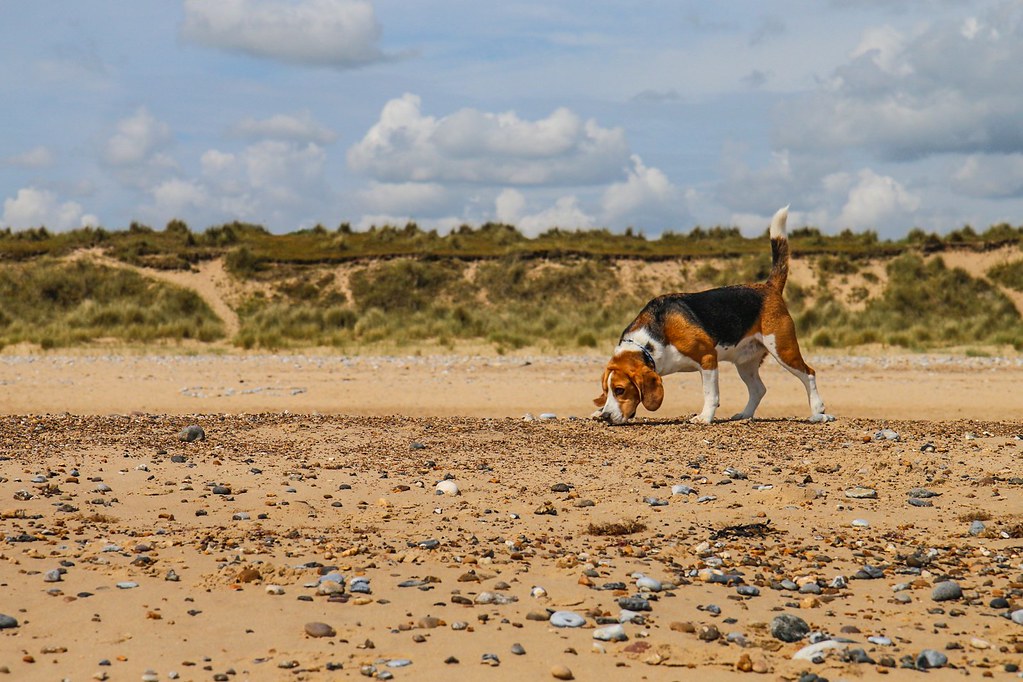
Beagles often get called stubborn, loud, or hard to train—but they’re just scent hounds doing their job. Once they catch a scent, they’re focused and persistent. They thrive with structure, patience, and stimulation. Without that, yes—they howl and wander. But given a purpose and a loving home, they’re joyful, friendly, and perfect companions.
Afghan Hound
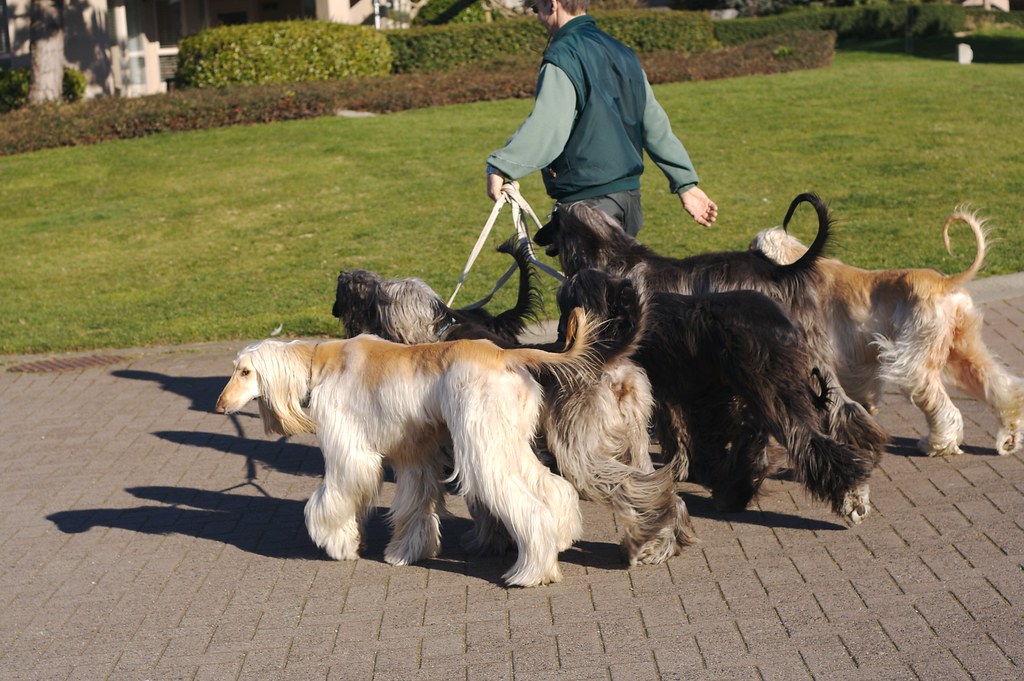
Their aloof nature is often mistaken for stupidity or coldness, but Afghan Hounds are simply independent. They don’t aim to impress—they do what they want. That doesn’t mean they lack intelligence; in fact, they’re incredibly sharp. They just don’t care to obey blindly. Elegant and unique, they’re a reminder that intelligence isn’t always obedient.
English Bulldog

With their grumpy face and slow gait, Bulldogs get labeled as lazy or dumb. The truth? They’re laid-back, loyal, and love being part of the family. Yes, they have health issues—but those stem from breeding practices, not personality. Their calm nature and sense of humor make them surprisingly charming, especially for those who appreciate a slower pace.

